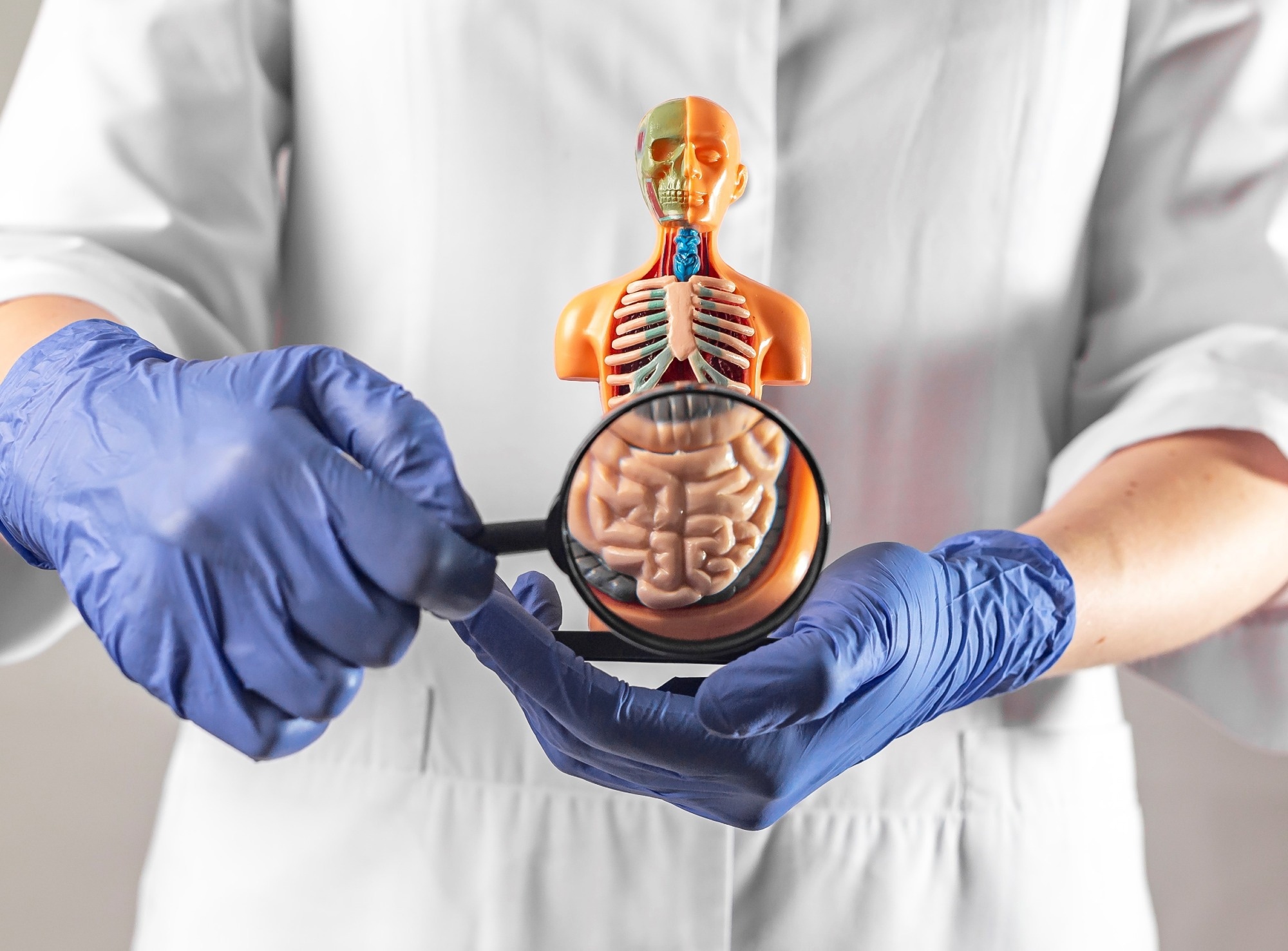In a recent study published in the journal Nutrients, researchers explore the association between the gastrointestinal delivery system and carotenoids.
 Study: Carotenoids Diet: Digestion, Gut Microbiota Modulation, and Inflammatory Diseases. Image Credit: valiantsin suprunovich
Study: Carotenoids Diet: Digestion, Gut Microbiota Modulation, and Inflammatory Diseases. Image Credit: valiantsin suprunovich
Introduction
Consuming fruits and vegetables has been linked to a reduced risk of chronic illnesses such as cardiovascular diseases, certain cancers, and bowel diseases. Carotenoids and their metabolites, for example, have been linked to various features, particularly their impact on intracellular signaling cascades. Research on the gastrointestinal delivery system, stability, digestion processes, and the role of carotenoids, as well as their influence on the gut microbiota, remain limited.
About the study
The authors of the current study conducted a search for research articles on the interaction between carotenoids and intestinal microbiota using the keywords “gut microbiota," "carotenoids," and "interaction" on PubMed and Science Direct. The article abstracts were analyzed and categorized into two groups including carotenoids' impact on human health and their interaction with gut microbiota.
Phytochemicals and dietary lipids have been suggested to impact digestion, intestinal microbiota, and disease prevention. The focus of the detailed process was on phytochemicals and dietary lipids, rather than carotenoids, despite their inclusion in these categories. The lack of information about carotenoids is highlighted, as the process is only a supposition based on their chemical and structural commonalities with other dietary lipids.
Results
One previous study found that the overgrowth of harmful bacteria like Proteobacteria caused damage to mucosal epithelial cells and increased intestinal permeability, which led to a reduction in carotenoid absorption.
Carotenoids were found to be metabolized during the fermentation of colonic fecal samples in one recent study, which resulted in the creation of new compounds. This suggests that the intestinal microbiota plays a role in the generation of these compounds.
The absorption of carotenoids varies depending on the individual. However, previous studies have shown that intestinal microbiota content plays a significant role in the metabolism and absorption of carotenoids.
According to one study, xanthophylls like zeaxanthin and lutein have a greater influence on altering the composition of intestinal microbiota than carotenes. Moreover, carotenoids have distinct structures and can have varying effects on the makeup of the gut microbiome.
Carotenoids not only have a scavenging function but are also believed to have an indirect action that may involve interactions with cellular signaling cascades, including mitogen-activated protein kinase (MAPK), nuclear factor erythroid 2–related factor 2 (Nrf2), and nuclear factor κB (NF-κB). Carotenoids have been found to regulate NF-κB by interacting with NF-κB subunits and IκB kinase (IKK), which inactivates the NF-κB pathway and reduces the transcription of pro-inflammatory cytokine genes.
Furthermore, astaxanthin was found to safeguard retinal epithelial cells against oxidative stress caused by hydrogen peroxide (H2O2). This was achieved through the activation of Nrf2 and the reduction of intracellular reactive oxygen species (ROS). Nrf2 translocation was found to be inhibited at varying concentrations in some studies.
Unknown metabolites are produced during the pathway of carotenoids through the gastrointestinal tract. Apocarotenoids are a type of metabolite that has a shorter chain length and oxygen modification that increases their solubility in water and ability to react with electrons, thereby making them more effective at targeting certain transcription factors like NF-κB.
As a result, these metabolites have some biological effects. Some microbes in the colon produce carotenoids, which have a prebiotic-like effect and can cause beneficial bacterial changes associated with improved health.
Conclusions
The metabolism and absorption of carotenoids can be significantly impacted by the intestinal microbiota. Changes in the intestinal microbiota can either promote or hinder the growth of certain microbial species, which may have either protective or harmful effects.
Various factors, such as the physicochemical structure of natural pigments, intake along with other compounds, host variables, and the prevalence and type of food matrix, can significantly affect the efficiency of carotenoids. Further research is needed to fully understand the significant biological roles of carotenoids in the human body, which may include the potential to prevent some of the deadliest diseases globally.
usechatgpt init success
usechatgpt init success
usechatgpt init success
Journal reference:
- Rocha, H. R., Coelho, M. C., Gomes, A. M., & Pintado, M. E. (2023). Carotenoids Diet: Digestion, Gut Microbiota Modulation, and Inflammatory Diseases. Nutrients 15(10). doi:10.3390/nu15102265
usechatgpt init success
usechatgpt init success
usechatgpt init success
usechatgpt init success